Michelle Bachelet, the UN High Commissioner for Human Rights, wrapped up her six-day visit to China on Saturday. This is the first visit by a UN high commissioner for human rights in 17 years. On Saturday night, Bachelet briefed reporters about her visit online, saying, "The visit was an opportunity to hold direct discussions - with China's most senior leaders - on human rights, to listen to each other" and "poverty alleviation as well as the eradication of extreme poverty, 10 years ahead of its target date, are tremendous achievements of China." Regarding Xinjiang-related topics that have attracted much attention from the outside world, Bachelet visited Kashi, Urumqi and other places, walked into the cotton fields, and watched an exhibition on the theme of anti-terrorism and de-radicalization. During her Xinjiang visit, she also had discussions and exchanges with people from all walks of life such as ethnic minorities, experts and scholars. At the press conference, Bachelet specifically pointed out that her talks were conducted without supervision. This development euphemistically responds to the conspiracy theories that have been deliberately created by US and Western public opinion for quite some time. Before Bachelet's visit to China began, the US, the UK and other countries threw out "questions" based on the presumption of guilt, asserting that the high commissioner's visit was "a mistake." After Bachelet honestly and objectively told the press conference her experience and details of her stay in China, some stubborn Westerners still turned a blind eye to all this. The US State Department even takes the lead by expressing its "concerns" and its feeling of being "troubled," and it accused China of restricting and manipulating Bachelet's visit. It also put forward its previous tailor-made lies about Xinjiang region again. It is noticed that at first, it was the US-led Western countries that had kept pushing Bachelet to visit China, and now they have made a turnabout to attack Bachelet for no reason. Their ulterior political purpose is becoming more and more explicit. In previous years, Xinjiang region was deeply affected by terrorism and religious extremism. But China has cracked down on terrorist activities in accordance with the law, safeguarded the lives and properties of people of all ethnic groups in Xinjiang, and effectively protected their human rights. After unremitting efforts, Xinjiang has become free of violent terrorism for more than five years in a row, with social security and stability, development continuing to improve, and people living and working in peace and happiness. However, some people in the US and the West stubbornly refuse to believe the reality in Xinjiang, and insist on imagining Xinjiang as a big theater with 25 million "extras," which is an insult to the intelligence of those who have seen the reality of the region. Realities have proven time and again that the "iron curtain of human rights" created by those extremist forces trying to exploit the Xinjiang-related affairs is vulnerable. In recent years, the US-led West made up the so-called missing person list, and by invoking the rhetoric of "concentration camps" and other historical memories of the people of Western countries, they had forcibly imposed the labels of "genocide" and "forced labor" on Xinjiang. The more exaggerated their lies, the easier they will be exposed. Actually, anyone who has been to Xinjiang can see the absurdity of the US and the West in demonizing the region.
 People attend a culture and tourism festival themed on Dolan and Qiuci culture in Awat County of Aksu Prefecture, northwest China's Xinjiang Uygur Autonomous region, Oct. 25, 2019. The festival kicked off recently in Aksu Prefecture. (Xinhua/Sadat)
It should be said that by visiting China under the pressure of the US and Western forces, Bachelet showed her efforts to learn the truth beyond the Western public opinion poisoned by these extremist forces. As Chinese State Councilor and Foreign Minister Wang Yi said that the high commissioner for human rights' trip to China would help enhance understanding and cooperation and clarify misinformation. We also expect that Bachelet would bring her comprehensive experience of a true Xinjiang to more people in the West who are willing to know the truth.
Of course, some people who pretend to be asleep may never be waken up. While Bachelet's visit was still underway, some so-called anonymous senior diplomats told media that the visit "is a victory to China." As human rights progress is endless, how can it be said to win or lose? Such rhetoric just reveals the genuine intent of the US and the West, which is to regard the normal exchanges and interactions between the UN high commissioner for human rights and China as part of a geopolitical game. They are trying so hard to "convict" China. As to the real situation in Xinjiang region, it doesn't matter to them at all.
It's precisely because of this that they must conduct an "investigation" on China with the presumption of guilt - whoever draws the conclusion of "genocide" and "forced labor" is "reliable." Such presumption of guilt is almost insane. In their eyes, a lunatic who claims that "people will be cut off their hands and feet when they arrive in Xinjiang," and "people will be shot dead if they refuse to eat pork" may appear to be "more credible" than the UN human rights chief. It has to be said that in order to smear and attack China, some people in the US and West have already broken the bottom line of common sense in their evil narratives against Xinjiang.
People attend a culture and tourism festival themed on Dolan and Qiuci culture in Awat County of Aksu Prefecture, northwest China's Xinjiang Uygur Autonomous region, Oct. 25, 2019. The festival kicked off recently in Aksu Prefecture. (Xinhua/Sadat)
It should be said that by visiting China under the pressure of the US and Western forces, Bachelet showed her efforts to learn the truth beyond the Western public opinion poisoned by these extremist forces. As Chinese State Councilor and Foreign Minister Wang Yi said that the high commissioner for human rights' trip to China would help enhance understanding and cooperation and clarify misinformation. We also expect that Bachelet would bring her comprehensive experience of a true Xinjiang to more people in the West who are willing to know the truth.
Of course, some people who pretend to be asleep may never be waken up. While Bachelet's visit was still underway, some so-called anonymous senior diplomats told media that the visit "is a victory to China." As human rights progress is endless, how can it be said to win or lose? Such rhetoric just reveals the genuine intent of the US and the West, which is to regard the normal exchanges and interactions between the UN high commissioner for human rights and China as part of a geopolitical game. They are trying so hard to "convict" China. As to the real situation in Xinjiang region, it doesn't matter to them at all.
It's precisely because of this that they must conduct an "investigation" on China with the presumption of guilt - whoever draws the conclusion of "genocide" and "forced labor" is "reliable." Such presumption of guilt is almost insane. In their eyes, a lunatic who claims that "people will be cut off their hands and feet when they arrive in Xinjiang," and "people will be shot dead if they refuse to eat pork" may appear to be "more credible" than the UN human rights chief. It has to be said that in order to smear and attack China, some people in the US and West have already broken the bottom line of common sense in their evil narratives against Xinjiang.
China's progress itself is a mirror. This is also true in the field of human rights. Bachelet's visit to China once again sends a message to the US and Western forces who engage in the manipulation of "using Xinjiang to contain China": Dark clouds cannot cover the sun and will only make people more appreciate the blue sky behind them.
Xinjiang visit 'unsupervised' and 'open,' UN human rights chief says as she wraps up China trip
By stressing her trip is not an investigation, UN human rights chief Michelle Bachelet ended her six-day visit in China and its Xinjiang region with a statement on Saturday night and said her mission had wide and open discussions with ...


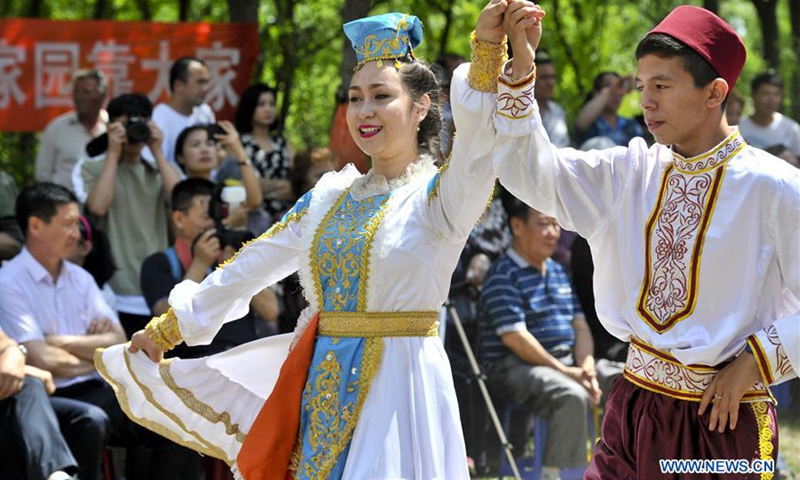

.jpeg)



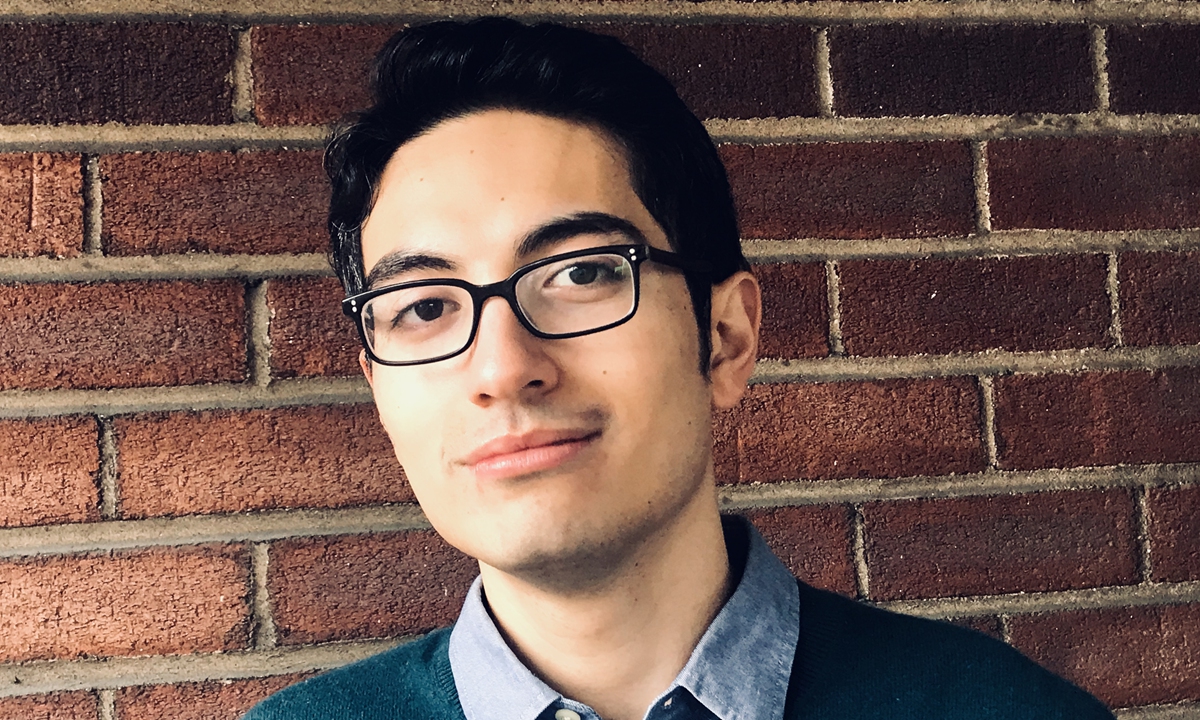



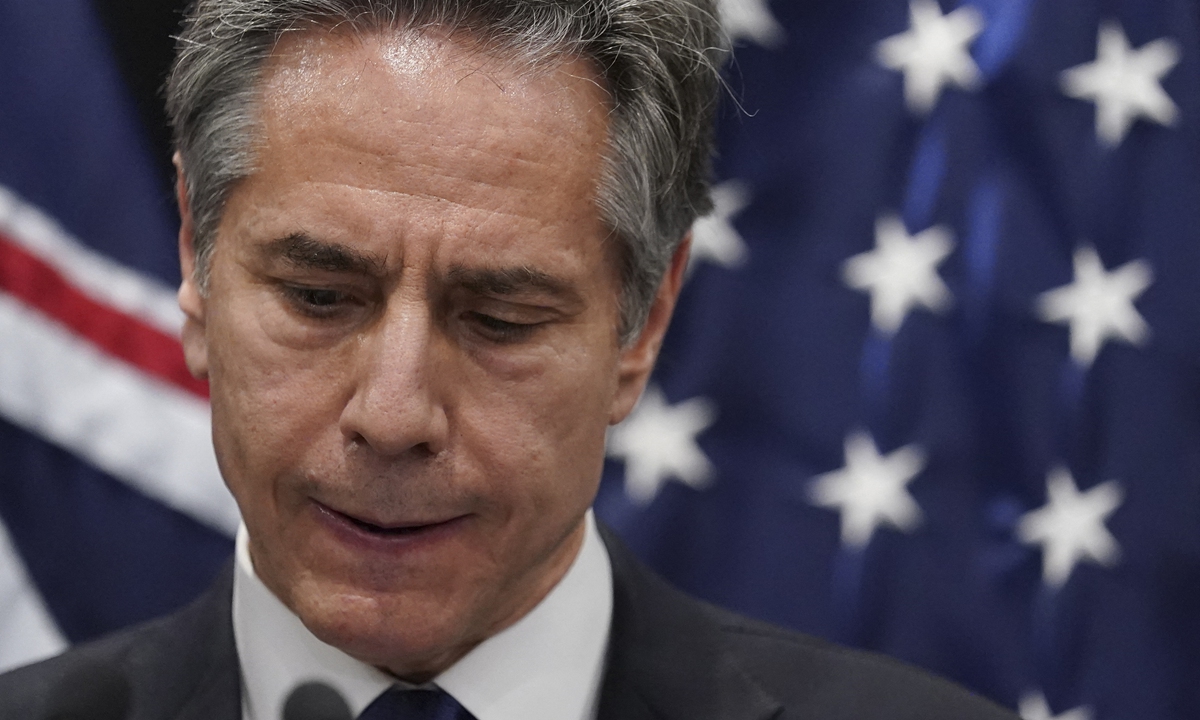
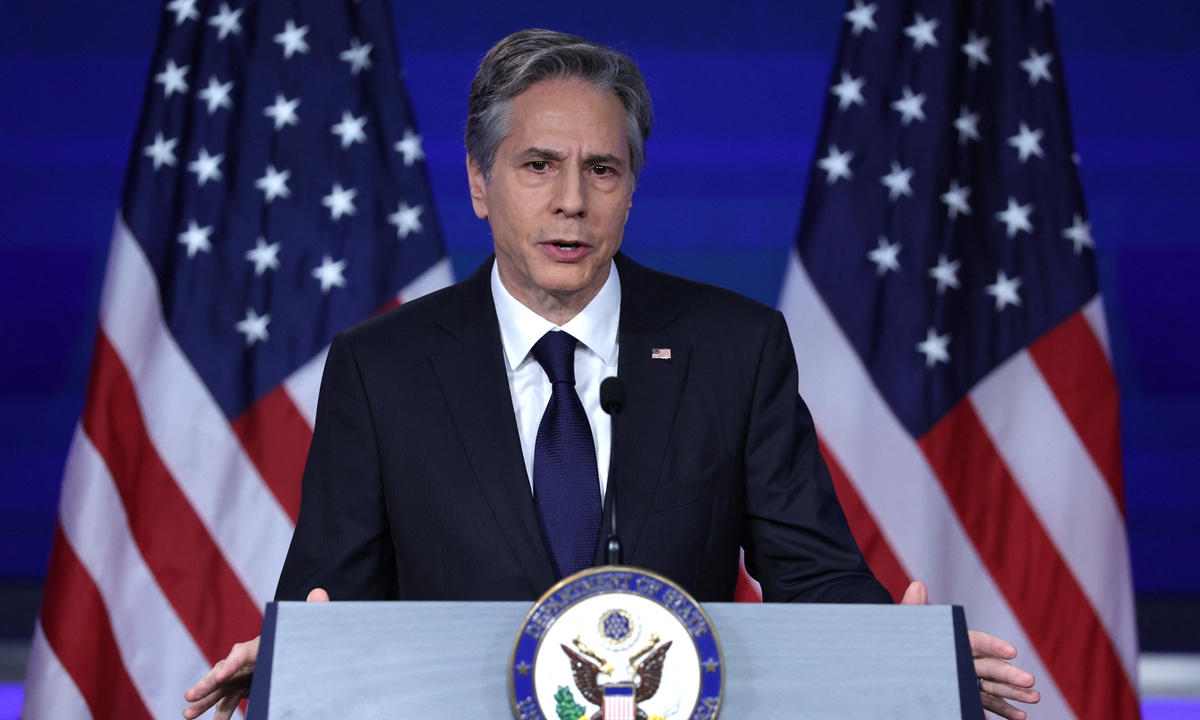

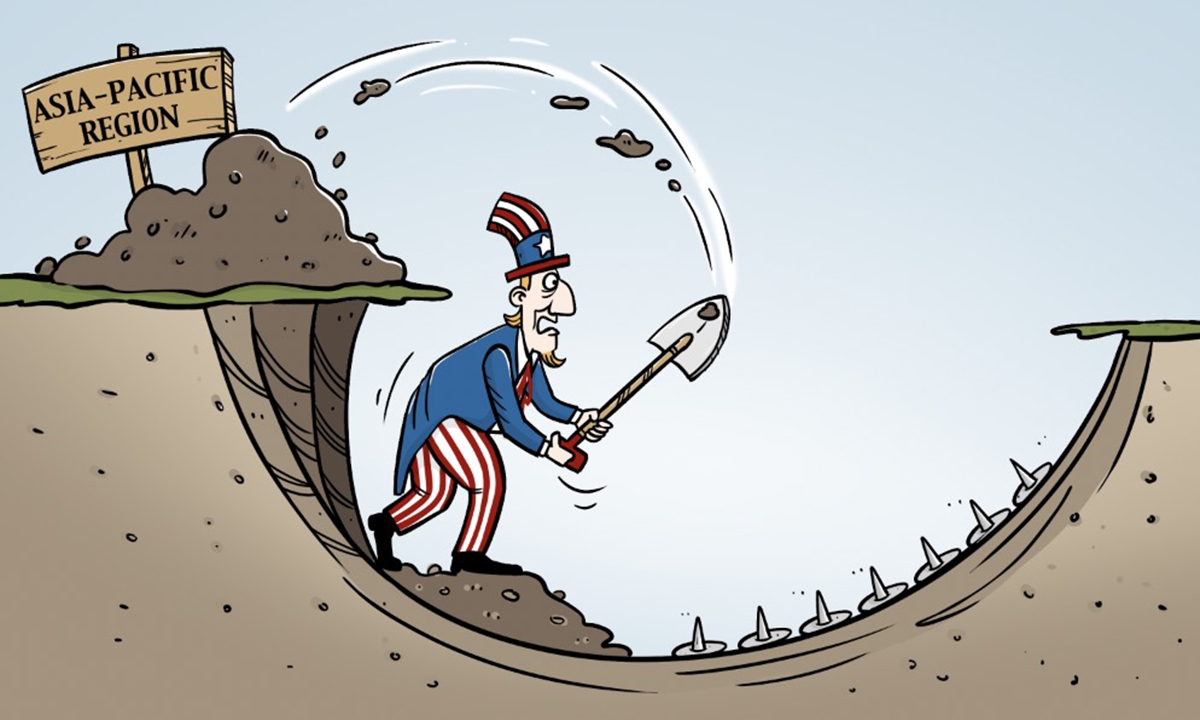
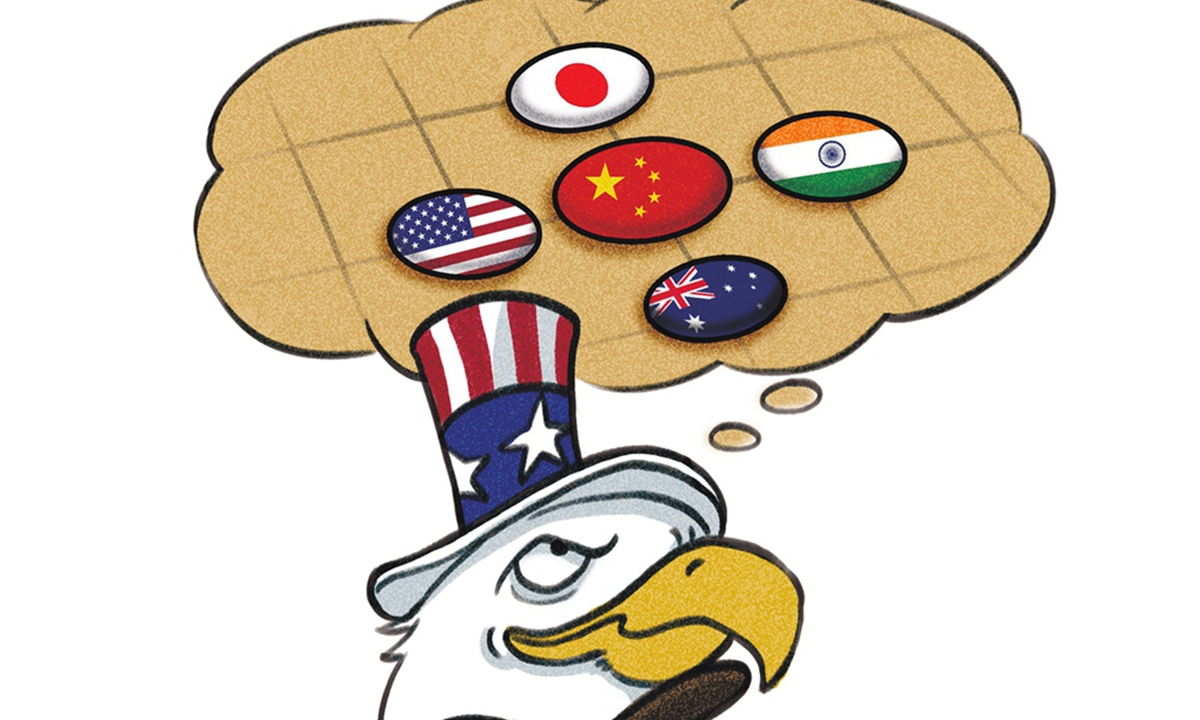



 Statistics from the federal police showed as at May 23, 100 men and 15 women aged between 17 and 41, were still stuck in various countries including Cambodia, Myanmar and Laos.
“We have received a total of 110 police reports on Malaysians stranded abroad after being victims of job scams.
“We believe the victims have been stranded there for at least six months. We are actively pursuing all cases to assist the victims,” he added.
Police reports were lodged by the victims’ families after they managed to call home, he said.
“In most cases, the victims managed to inform their family members of their predicament.
“We believe the number of police reports increased after the recent successful rescue of Malaysians abroad, with such cases being highlighted in the media,” he added.
Last month, the Malaysian Embassy in Cambodia said it had rescued more than 60 Malaysians coerced into working for scam call centres over the past few years.
On April 6, 16 Malaysians held captive in Sihanoukville on the south coast of Cambodia were also rescued.
The victims claimed they were duped by offers of jobs as customer service representatives with lucrative salaries for a Cambodian company.
Once in Cambodia, their personal documents were seized and their movements restricted.
Since the reopening of the country’s borders, more dubious job offers were being uploaded on social media, Comm Abd Jalil said.
“Some people are desperate due to a lack of jobs because of the Covid-19 pandemic.
“Among the main factors that enticed victims to such job scams are lucrative salary offers and benefits.
“We believe the convenience of finding a job overseas is also a factor that influenced the victims’ decisions,” he added.
Comm Abd Jallil said initial investigations showed the syndicates were forcing these Malaysians into working in scams and gambling dens.
“We are building more intelligence on the human trafficking syndicates to effectively clamp down on such job scams.
“We are working hard with the Interpol and Aseanapol to track down and rescue victims.
“We are also collaborating with the Foreign Ministry to expedite efforts in rescuing the victims overseas,” he added.
He also appealed for more awareness to prevent others from falling victims.
“We are working with government agencies and NGOs especially the MCA Public Services and Complaints Department on creating more awareness on such job scams.
“We are focusing on the importance of being careful when considering jobs offered overseas via social media,” he said.
Comm Abd Jalil advised the public to know and adhere to local laws and regulations when accepting jobs overseas.
“Before accepting any job offers, do a thorough background check on the prospective employer or company,” he said.
Comm Abd Jalil added that the police welcome information on syndicates that duped Malaysians and forced them to conduct illegal activities overseas.
Statistics from the federal police showed as at May 23, 100 men and 15 women aged between 17 and 41, were still stuck in various countries including Cambodia, Myanmar and Laos.
“We have received a total of 110 police reports on Malaysians stranded abroad after being victims of job scams.
“We believe the victims have been stranded there for at least six months. We are actively pursuing all cases to assist the victims,” he added.
Police reports were lodged by the victims’ families after they managed to call home, he said.
“In most cases, the victims managed to inform their family members of their predicament.
“We believe the number of police reports increased after the recent successful rescue of Malaysians abroad, with such cases being highlighted in the media,” he added.
Last month, the Malaysian Embassy in Cambodia said it had rescued more than 60 Malaysians coerced into working for scam call centres over the past few years.
On April 6, 16 Malaysians held captive in Sihanoukville on the south coast of Cambodia were also rescued.
The victims claimed they were duped by offers of jobs as customer service representatives with lucrative salaries for a Cambodian company.
Once in Cambodia, their personal documents were seized and their movements restricted.
Since the reopening of the country’s borders, more dubious job offers were being uploaded on social media, Comm Abd Jalil said.
“Some people are desperate due to a lack of jobs because of the Covid-19 pandemic.
“Among the main factors that enticed victims to such job scams are lucrative salary offers and benefits.
“We believe the convenience of finding a job overseas is also a factor that influenced the victims’ decisions,” he added.
Comm Abd Jallil said initial investigations showed the syndicates were forcing these Malaysians into working in scams and gambling dens.
“We are building more intelligence on the human trafficking syndicates to effectively clamp down on such job scams.
“We are working hard with the Interpol and Aseanapol to track down and rescue victims.
“We are also collaborating with the Foreign Ministry to expedite efforts in rescuing the victims overseas,” he added.
He also appealed for more awareness to prevent others from falling victims.
“We are working with government agencies and NGOs especially the MCA Public Services and Complaints Department on creating more awareness on such job scams.
“We are focusing on the importance of being careful when considering jobs offered overseas via social media,” he said.
Comm Abd Jalil advised the public to know and adhere to local laws and regulations when accepting jobs overseas.
“Before accepting any job offers, do a thorough background check on the prospective employer or company,” he said.
Comm Abd Jalil added that the police welcome information on syndicates that duped Malaysians and forced them to conduct illegal activities overseas.
